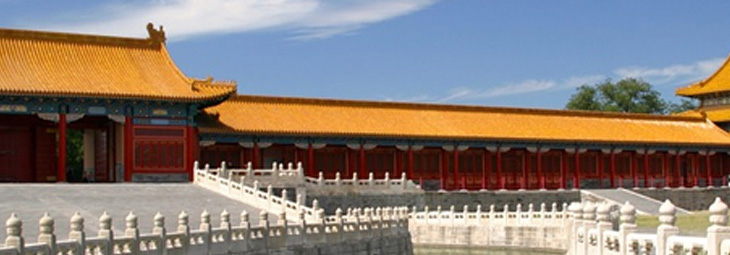


A new set of guidelines for the conservation of historical and cultural heritage was officially announced by the State Council on 3 September 2021, which clarifies the significance of heritage conservation in thriving Chinese civilisation. Today, the State and the public show a great concern to heritage which remarkably differs from their attitudes toward cultural assets in the pre-1980s.

Kaiyuan Temple, the largest Buddhist temple in Quanzhou, with top-ranked official status during the Song-Yuan period.
Source:https://www.chinadaily.com.cn/a/202107/26/WS60fe5756a310efa1bd664647_2.html
The achievement of heritage preservation in modern China has been attributed to the cumulative efforts of generations, since the Society for the Study of Chinese Architecture started a systematic study and preservation of historical buildings in the 1930s. Despite the preservation was initiated by elites in the 20th century, decision-makers and the wider public have made great contributions in the following decades. In order to attain the sustainability of conservation works in the future, the collaboration of different roles and persistent efforts need to be fostered, and consistent decision-making and policies will be considerably essential in the continuity of conservation.
Challenges remain though extraordinary achievements have been realized. Typically, due to the soaring interests in historical and cultural assets in recent years, some local authorities tend to exploit heritage sites with the name of preservation for short-term economic prosperity, while the sustainability of historical and cultural values are unfortunately underestimated and neglected. One notable reason is the failure in recognizing the different meanings between conservation and urban regeneration. When conducting the maintenance of heritage sites, the inappropriate clarity of the terms usually misleads main stakeholders into pursuing simple economic goals by facilitating the properties. Instead of heritage conservation which aims to provide wellbeing for the generation public, this ‘regeneration’ generates novel social demands for development actions. To improve the works of heritage conservation in China, a study about global conservation may considerably help.
Source: <https://mp.weixin.qq.com/s/YglqmEOffCl1HN27RdoYiQ>
<https://mp.weixin.qq.com/s/iMp3wgZ3XKrDQsXohNqSHA>
Edited and translated by Liang Xiuchun